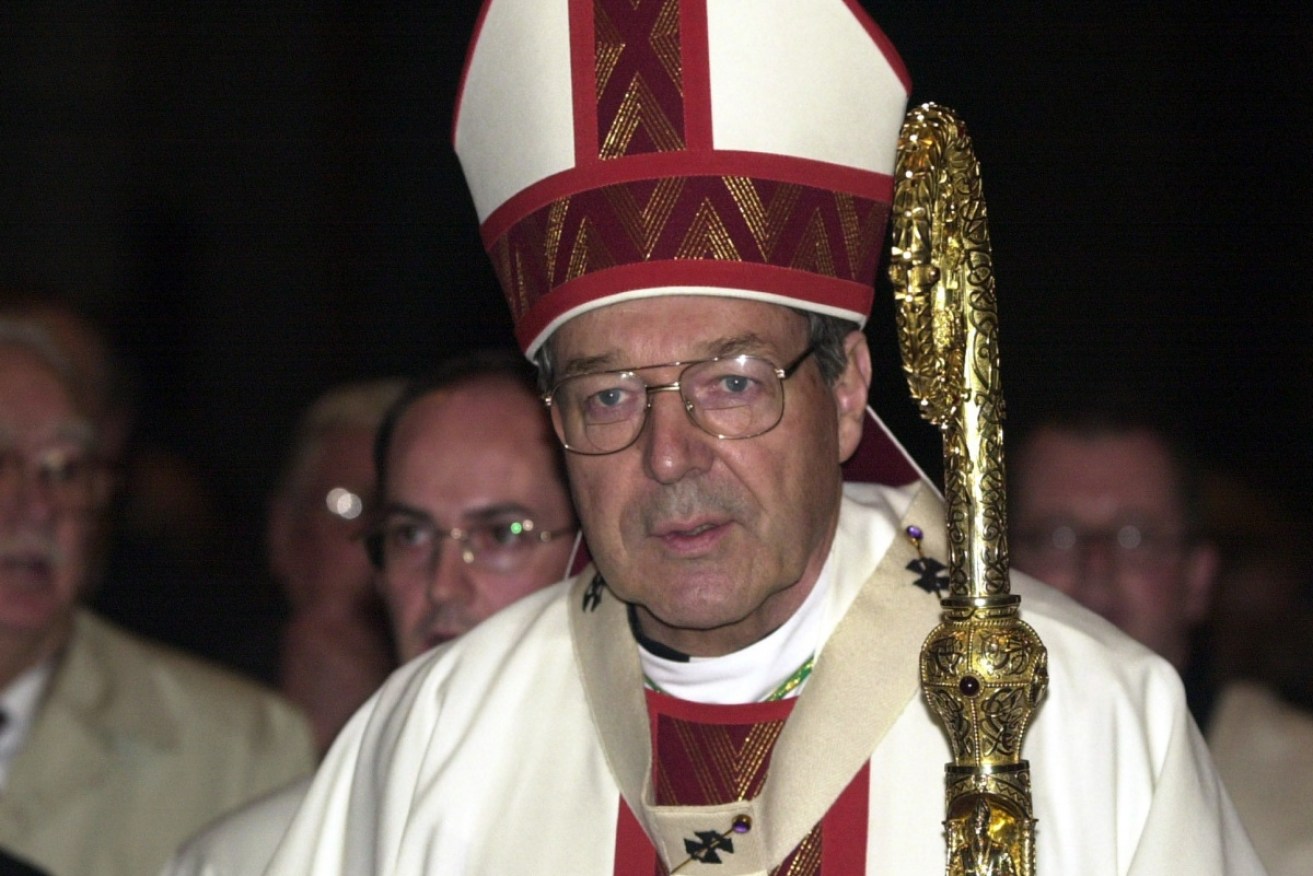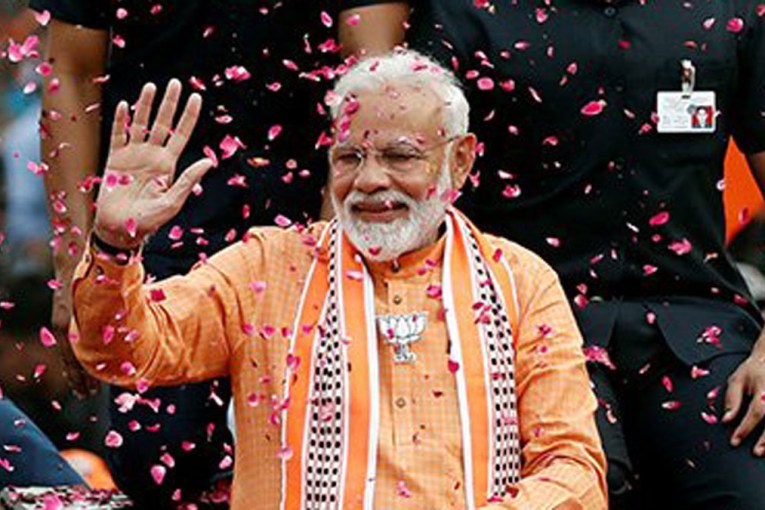The long road to George Pell’s court committal


Cardinal Pell faces a four-week committal hearing in Melbourne beginning Monday. Photo: AAP
One courtroom. One local priest turned Vatican treasurer. One leading criminal defence barrister, infamous for his forensic mind and ruthless cross-examination. And more than 50 witnesses, including accusers ready to share their stories.
This unprecedented legal showdown will attract a huge international media presence at Melbourne Magistrates Court as Cardinal George Pell arrives for the committal hearing for his historic sexual abuse case.
Extra chairs have been moved into court 22 to accommodate reporters, including many from overseas outlets including CNN, The New York Times, Wall Street Journal, Swedish National Radio and Le Monde.
But the media will only be allowed to sit in court for a few hours at most to witness legal arguments and administration before the magistrate, Belinda Wallington, closes the court for video evidence from the accusers lasting up to two weeks.
After the complainants have finished giving evidence the court will re-open to hear from more than 40 witnesses for a further two weeks.
Everything is at stake for Cardinal Pell, as he wages a perilous and expensive fight for his future and his reputation during this key stage of proceedings snaking its way slowly through the Victorian legal system.
He stepped aside from his role in Rome when he was charged by Sano Task Force on multiple allegations of historic sexual abuse in June last year.
The former archbishop for both Melbourne and Sydney strongly denies the allegations and a spokesman said in January this year he was looking forward to Monday’s hearing and “his day in court”.
The 76-year-old, who has been living in a seminary with 40 trainee priests in Sydney during this time in his native country, will sit with his legal team as they cross-examine the witnesses.
He has previously walked slowly into court for two hearings in July and October last year alongside his barrister Robert Richter QC, one of the most expensive criminal silks in the country, rumoured to be commanding a fee of $16,000 a day.
However, he’s also planning to make an application on Monday for a “support person” to remain with him during the closed court sessions.
Marc Gibson SC will lead the prosecution for the Crown along with Fran Daziel QC.
Experts and lawyers have told The New Daily of their concerns over the fact the court will be closed to the public and media during the cross-examination of the complainants.
They also say it is “unjust” the complainants are not able to have their own lawyer during the court process.
Judy Courtin, a lawyer who specialises in representing victims of historic sexual abuse, said the pressure on the complainants when they will be cross-examined by the famously thorough Mr Richter will “be enormous”.
“The power differentials will create a vast chasm,” she tells The New Daily.
“They should have their own legal representation to support them through such a process; the high-profile nature of the case creates unreasonable expectations.”
Ms Courtin says she also believes no parts of the case should be in a closed court.
“It should be open to the public as with any other criminal trial or committal.”
Professor Jeremy Gans, who specialises in criminal law at Melbourne University, agrees with the use of a video-link to help reduce the stress on the complainants.
However, he argues the media should be allowed so the public can be fully informed of what evidence is being considered by the court – especially in such high-profile cases.
“While I realise that intrudes on witnesses’ privacy, I think openness reflects the public nature of courts and prosecutions,” he says.
At the end of the four-week committal the magistrate will decide to commit Cardinal Pell for trial – or not.
“Neither decision is determinative,” Professor Gans says.
“The Director of Public Prosecutions doesn’t have to proceed with a trial even after a committal and the DPP can also choose to proceed with a trial even if the committal is dismissed.
“But usually what the magistrate says, goes. And usually, the magistrate decides to commit.”
In recent months several court mentions regarding the case have heard details of court applications from Cardinal Pell’s team for documents and materials.
The ABC, Sydney Morning Herald, Justice Health, Corrections Victoria, Victorian Legal Aid and solicitors for the complainants were all sent subpoenas.
Cardinal Pell’s team also demanded materials from the accusers themselves which were mostly complied with except the magistrate ruled against medical records being sought on privacy grounds.
On Friday the prosecution announced it would withdraw a charge relating to a complainant who died in January.
In a surprise twist, Cardinal Pell’s team had argued to keep the charge in place, saying they wanted to show in their defence case how the accuser in question was “uncredible” and started a “domino effect” prompting others to complain to the police.
Experts predict that if Cardinal Pell does face a trial at a higher court it won’t be until later in the year.
“These sort of cases are ridiculously slow moving,” Ballarat lawyer Ingrid Irwin tells The New Daily.
“It’s a painfully long road for all involved.”








